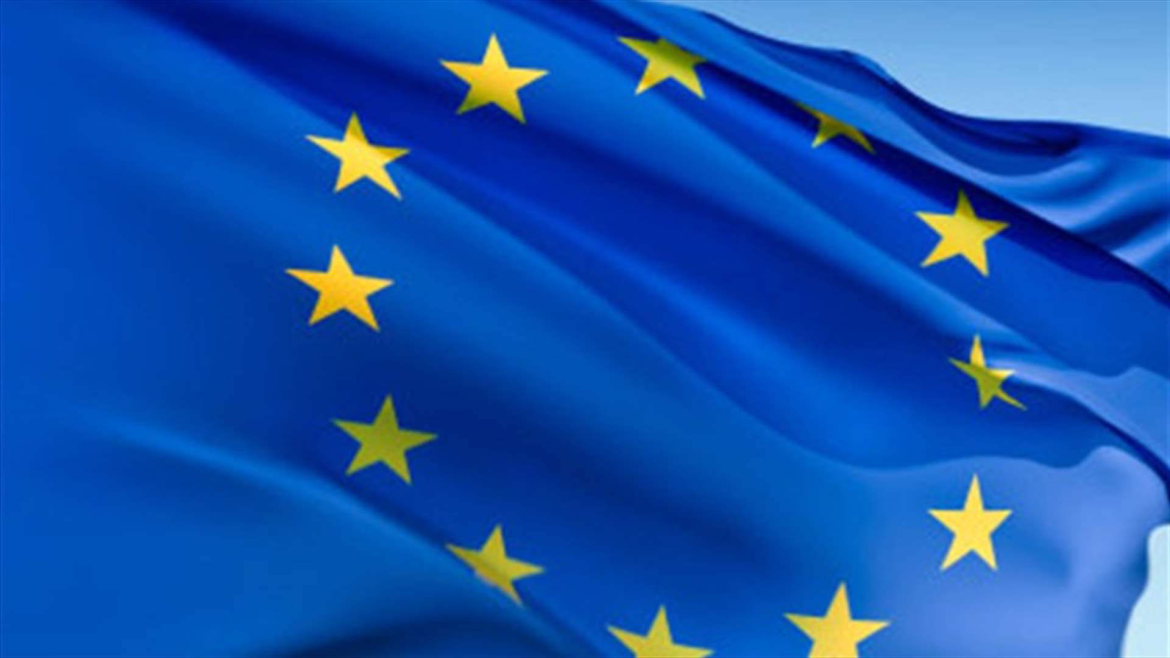KEY POINTS
- The EU is considering easing sanctions on Syria’s energy and transport.
- A phased and reversible approach will guide sanctions relief.
- Some sanctions, including those on arms trade, will remain in place.
The European Union may suspend sanctions on Syria that target energy and transport, marking a potential shift in its foreign policy approach.
According to three diplomats and an EU document obtained by Reuters, discussions are ongoing, but no final decision has been reached. The EU’s foreign ministers are expected to discuss this issue further in Brussels on Monday, with hopes for a political agreement.
Kaja Kallas, the EU’s foreign policy chief, expressed optimism earlier this week about reaching a consensus. She noted the importance of using this opportunity to rebuild Syria while ensuring fundamental freedoms and a transition that benefits all citizens.
However, any agreement will likely include conditions and a phased approach to ensure compliance with EU expectations.
Efforts to stabilize Syria focus on infrastructure and refugee return
The EU’s potential suspension of sanctions comes after significant changes in Syria’s leadership. Bashar al-Assad’s government was ousted in December, and the insurgent group Hayat Tahrir al-Sham (HTS) assumed power.
The United Nations recognizes HTS as a terrorist organization yet the group recently separated from Al Qaeda and now supports inclusive dialogue for all Syrians. Energy sanctions alongside transport bans create major obstacles to Syria’s path toward economic recovery.
The nation’s stabilization process depends on returning functionality to airports and energizing the power grid, enabling refugee homecomings. According to the EU document, diplomats emphasized that such measures would support Syria’s reconstruction and economic stability.
EU stresses cautious, staged approach to sanctions relief
The concept of relieving sanctions finds growing support yet European Union countries continue to differ in their opinions.
Several governments support speedy action to initiate Syria’s economic recovery, yet others want slow progress to strengthen their political position. This document outlines a gradual and reversible method of addressing progress through regular evaluation checks.
The easing of sanctions will not extend to all sectors. Restrictions on the Al-Assad regime, illicit drug trade, and arms trade will remain intact.
A suspension program would target specific areas where rebuilding infrastructure and promoting economic growth wheels. Technical details after a possible Monday agreement must be finalized through diplomatic monitoring across the following weeks.



